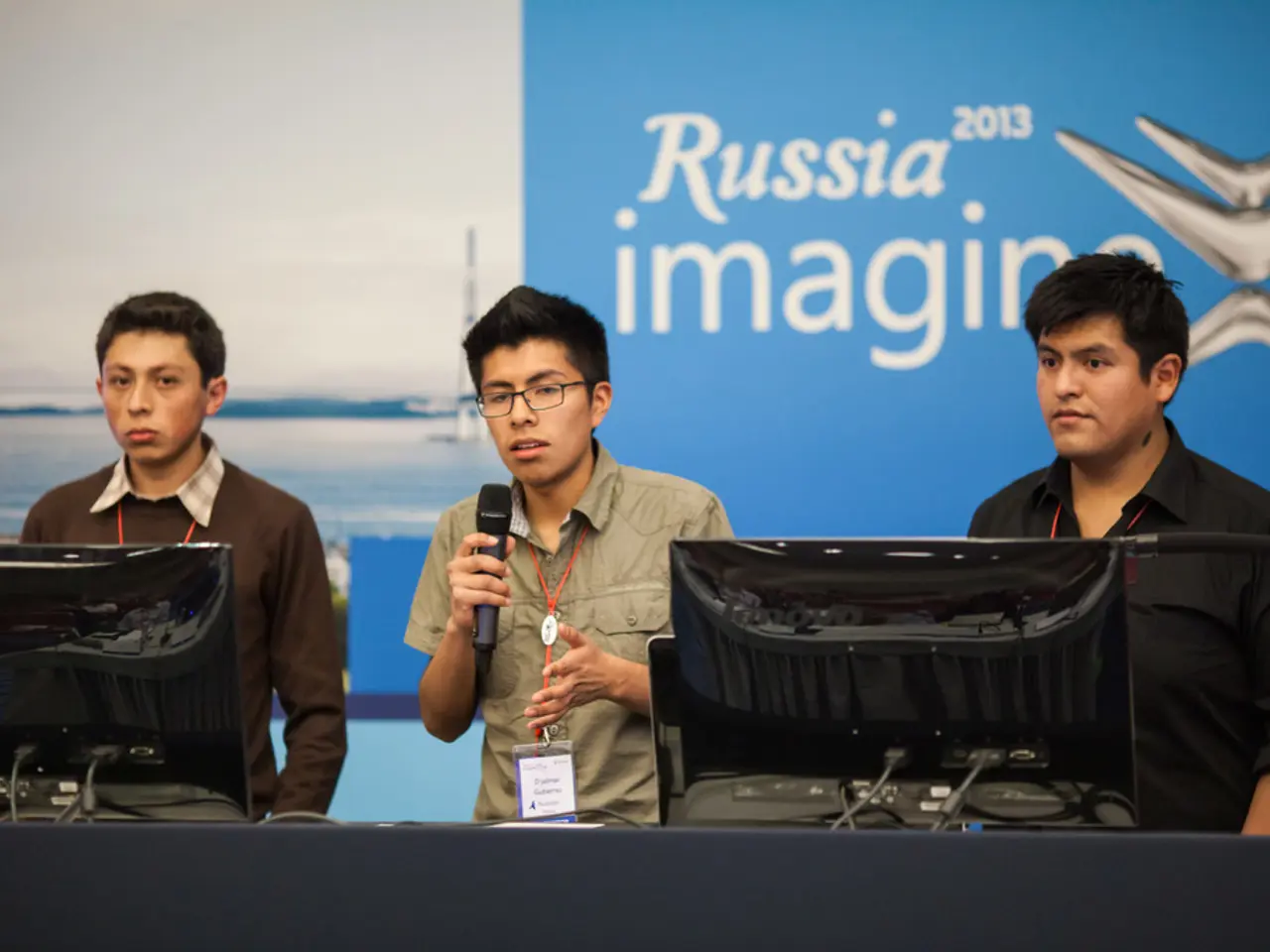Enhanced Monitoring and Data Gathering by the United Nations
The Universal Cybercrime Treaty, a new UN Convention on Cybercrime, is set to be finalized in October 2025 in Hanoi. This treaty aims to establish a global legal framework against cybercrime, enabling nations to collaborate and combat cybercrime, including crimes enabled by emerging technologies such as AI.
The treaty's objectives include providing a binding international legal framework against various forms of cybercrime, facilitating international cooperation and law enforcement collaboration, setting norms for responsible state behavior in cyberspace, enhancing capacity building, and enabling stakeholder involvement. It also aims to address evolving challenges from AI-enabled crime via collaboration among governments, law enforcement, and the private sector.
Currently, the treaty has been drafted, and negotiations continue under the UN Open Ended Working Group (OEWG), which expires at the end of 2025. The official signing was rescheduled for October 2025, indicating close to final agreement. Some progress has been made on operational mechanisms like a "red phone" contact point for cyber incidents and a Global Roundtable for cybersecurity capacity building. However, difficult issues like binding application of international law in cyberspace and involvement of non-state actors remain unresolved.
The treaty faces significant challenges. Enforcement and jurisdiction are problematic due to diverse national laws, political interests, resource disparities, and challenges in attributing cybercrimes to specific perpetrators internationally. Controversy remains on translating established norms for responsible state behavior into a binding treaty, and on how international law applies in cyberspace distinct from offline. Human rights concerns are also raised, with civil society and human rights advocates expressing concerns about the treaty potentially enabling overbroad state surveillance and censorship, threatening privacy and freedom of expression. Rapid advances in AI and cybercrime tactics outpace legal and political processes, necessitating constant treaty updates and flexible enforcement cooperation. Balancing inclusion of business, academia, technical communities, and civil society in treaty governance remains contentious, affecting legitimacy and accountability.
The Universal Cybercrime Treaty seeks to be a UN-backed global instrument expanding participation beyond the Budapest Convention’s narrower membership. The Budapest Convention on Cybercrime, adopted by the Council of Europe in 2001, is the only existing international treaty on cybercrime. The new treaty may address gaps and criticisms of the Budapest Convention, including its limited geographic reach and concerns over privacy protections, but details on alignment and safeguards remain to be fully clarified. Human rights advocacy is still cautious, as some perceive the Budapest Convention as already controversial in balancing law enforcement effectiveness and freedom/privacy protections, which the new treaty could exacerbate without careful safeguards.
The United Nations is leading the efforts to create a new, inclusive and balanced cybercrime treaty. The goal is to create a more effective response to the growing threat of cybercrime while ensuring the protection of human rights. This could involve working with international organizations and governments to provide training and resources to help countries strengthen their cybercrime laws and capabilities. Working with the private sector to develop new technologies and solutions to combat cybercrime is also a part of the solution. The push for a new, universal cybercrime treaty underscores the tension between state security interests and protection of human rights in cyberspace governance.
- The Universal Cybercrime Treaty, set to be finalized in October 2025, aims to establish a global legal framework against cybercrime, including crimes enabled by technology such as AI, as it seeks to address evolving challenges from AI-enabled crime via collaboration among governments, law enforcement, and the private sector.
- The new treaty, led by the United Nations, seeks to create a more effective response to the growing threat of cybercrime while ensuring the protection of human rights, by working with international organizations, governments, and the private sector to provide training, resources, and develop new technologies to combat cybercrime, thereby striking a balance between state security interests and protection of human rights in cyberspace governance.




